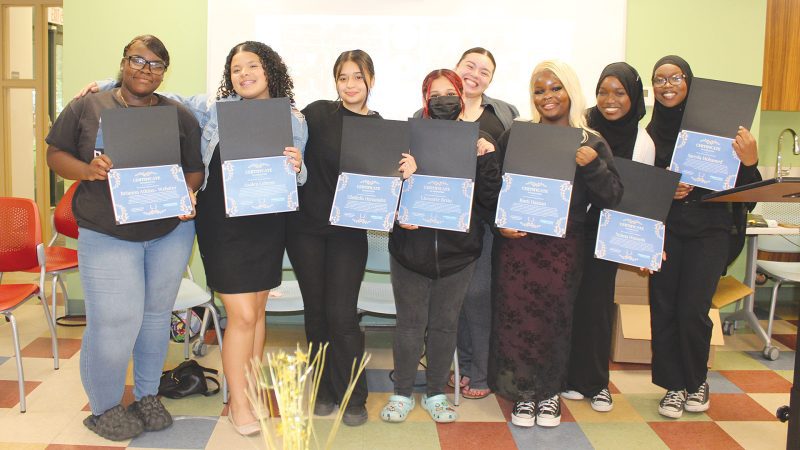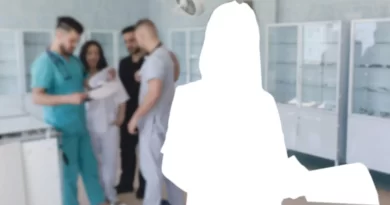Gándara Center Tackles Mental Health and More with Cultural Sensitivity
Breaking Down Barriers
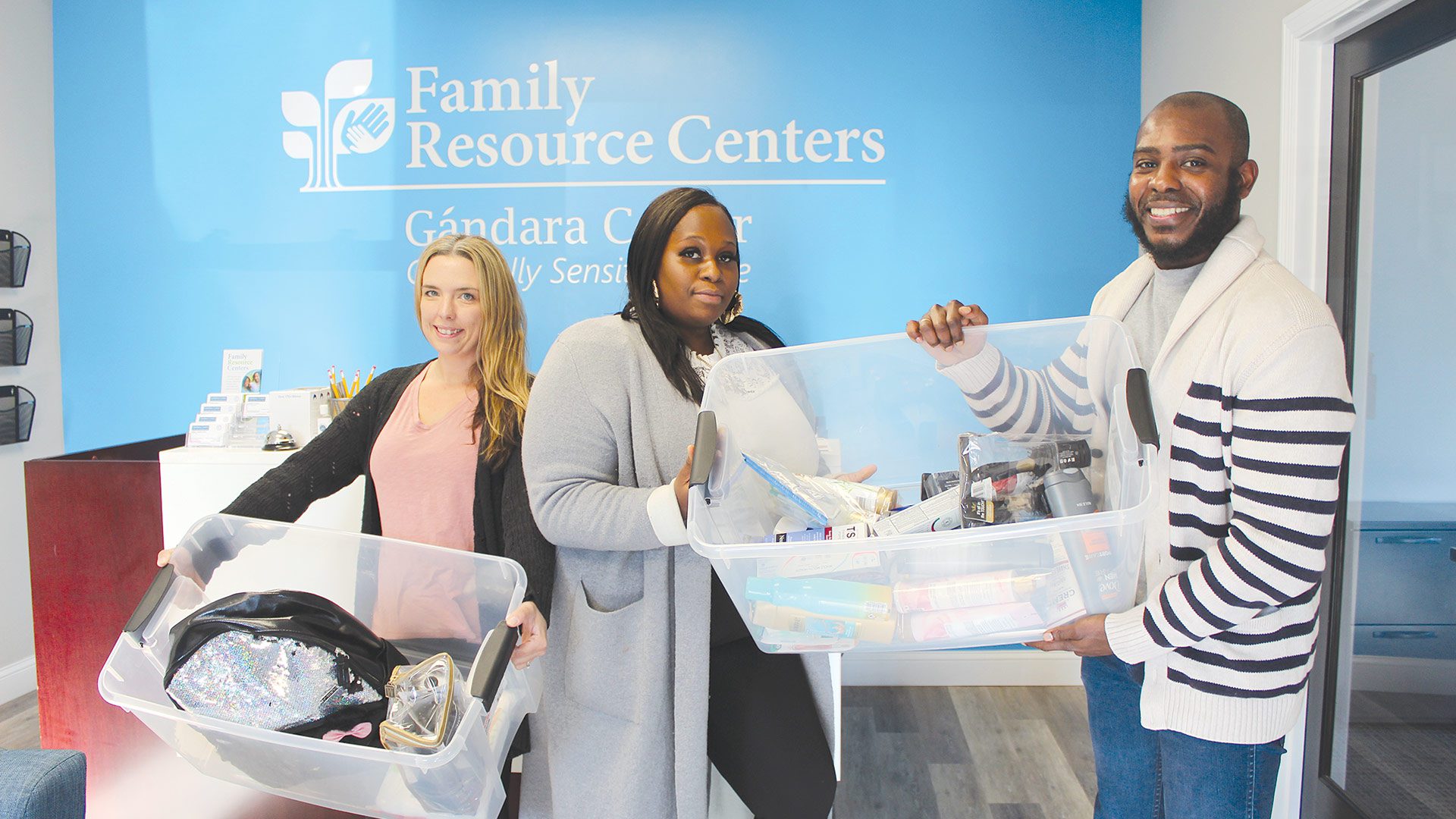
There’s no doubt, Lois Nesci said, that the COVID years triggered or exacerbated a lot of mental-health issues, which makes the multifaceted of Gándara Center more important than ever.
At the same time, the pandemic’s impact on mental health also got more people talking than ever before — and that’s good for everyone.
“The need has increased, absolutely,” said Nesci, Gándara’s CEO. “But at the same time, as we continue to break the stigma around mental health, people become more and more willing to discuss some of their struggles or ask for help. We as a society have been educating people: what are the signs people exhibit if they’re not doing well, if they’re depressed, anxious, or struggling with substance abuse?”
To help those who fall into those categories, as well as many others, Gándara’s services fall into five buckets:
• Behavioral health, which encompasses a broad array of clinical and substance-use services for adults, families, children, and adolescents, including individual and group psychotherapy, diagnostic assessments, and treatment;
• Youth, young-adult, and family services, including children’s behavioral health, foster care, and youth and young-adult residential homes;
• Substance use and recovery, with services include recovery coaching, peer recovery centers, and long-term residential treatment for men, women, and young adults with substance-use disorder and co-occurring mental-health disorders;
• Community and prevention, including health-education programs and initiatives that provide resources and information addressing numerous public-health areas while representing the multicultural needs of the region; and
• Intellectual and developmental disability services, which promote the health and well-being of adults with intellectual and developmental disabilities and those with behavioral health and/or substance-use disorders.
Gándara’s mental-health services — its most robust collection of offerings — focus on a few key areas: outpatient behavioral-health clinics, children’s behavioral health, substance-use and recovery services, and adult community clinical services.
“As we continue to break the stigma around mental health, people become more and more willing to discuss some of their struggles or ask for help.”
“Gándara has always had a mission to help people at the grassroots level,” Nesci said. “We’re in communities where people live. We’re accessible and very visible. We provide the linguistic ability to meet people where they’re at, and the staff reflects the population we serve.”
As a multi-service organization with a geographic footprint statewide, Gándara targets many of its programs at specific populations, such as recovery programs for Hispanic individuals and a residential group home for LGBTQ+ youth, Nesci noted. “Gándara has always responded to individual needs in the community.”
Five Decades of Growth
According to its website, Gándara Center was founded in Springfield in 1977 to advocate and provide for equal, culturally competent behavioral-health services for the Hispanic community.
The 1970s saw a large wave of Hispanic migration to the Greater Springfield area, and the portion of newcomers who had mental-health and substance-use issues had limited access to services that could help them.
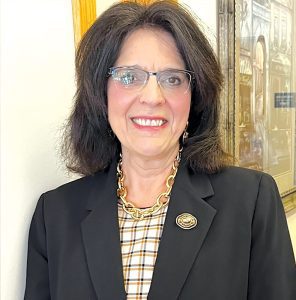
Fortunately, in 1977 — and later, as a part of President Carter’s Mental Health Systems Act of 1980 — funding was made available to communities across the U.S. to address the mental-health needs of individuals suffering from serious mental illness, including the elderly as well as racial and ethnic minority communities.
The city of Springfield submitted a citywide application that included needs in both the Hispanic and African-American communities. This funding strengthened the city’s mental-health services and aided the Gándara Center, whch was named after Dr. José Gándara Cartagena, a prominent physician and public servant from Puerto Rico who dedicated his life to providing services for those who could not afford medical care. He also advocated for urban renewal, especially the construction of much-needed new public housing.
Gándara Center was first housed in a storefront on Main Street in Springfield and then on the Mercy Hospital campus on Carew Street. In 1982, when the center opened an outpatient clinic on Main Street, it was the only agency in the area specifically providing culturally sensitive care to the Hispanic community.
In the early years, Gándara’s first executive director, Dr. Philip Guzman, laid the foundation for what the agency would later become. In 1982, Dr. Henry East-Trou joined the team as a supervisor for the agency’s psychiatric day treatment program. At the time, Gándara had just one Springfield location and approximately 50 staff to house all of residential, outpatient, and substance-use programs. Over the years, the agency secured numerous contacts and grants, expanded services, created additional programs, and increased staff size.
In 1989, when East-Trou began shepherding Gándara Center through an unprecedented era of growth as executive director, the agency employed 100 people and served approximately 2,000 individuals.
“We’re in communities where people live. We’re accessible and very visible. We provide the linguistic ability to meet people where they’re at, and the staff reflects the population we serve.”
After 30 years of service, East-Trou retired in May 2019. Throughout his tenure, he further expanded the agency and its services, which by that time offered behavioral-health, substance-use, prevention, and educational services to more than 40 communities throughout the Commonwealth, employed more than 900 staff, and served nearly 13,000 adults, children, and families from all backgrounds.
In 2020, Nesci joined the agency and assumed the role of CEO, bringing experience working with individuals from all races and ethnic backgrounds. In her time at the agency, she has led several relocation projects, program expansions, and agency-wide accreditation from the Council on Accreditation.
Today, around 1,100 Gándara employees serve more than 17,000 clients at more than 100 locations.
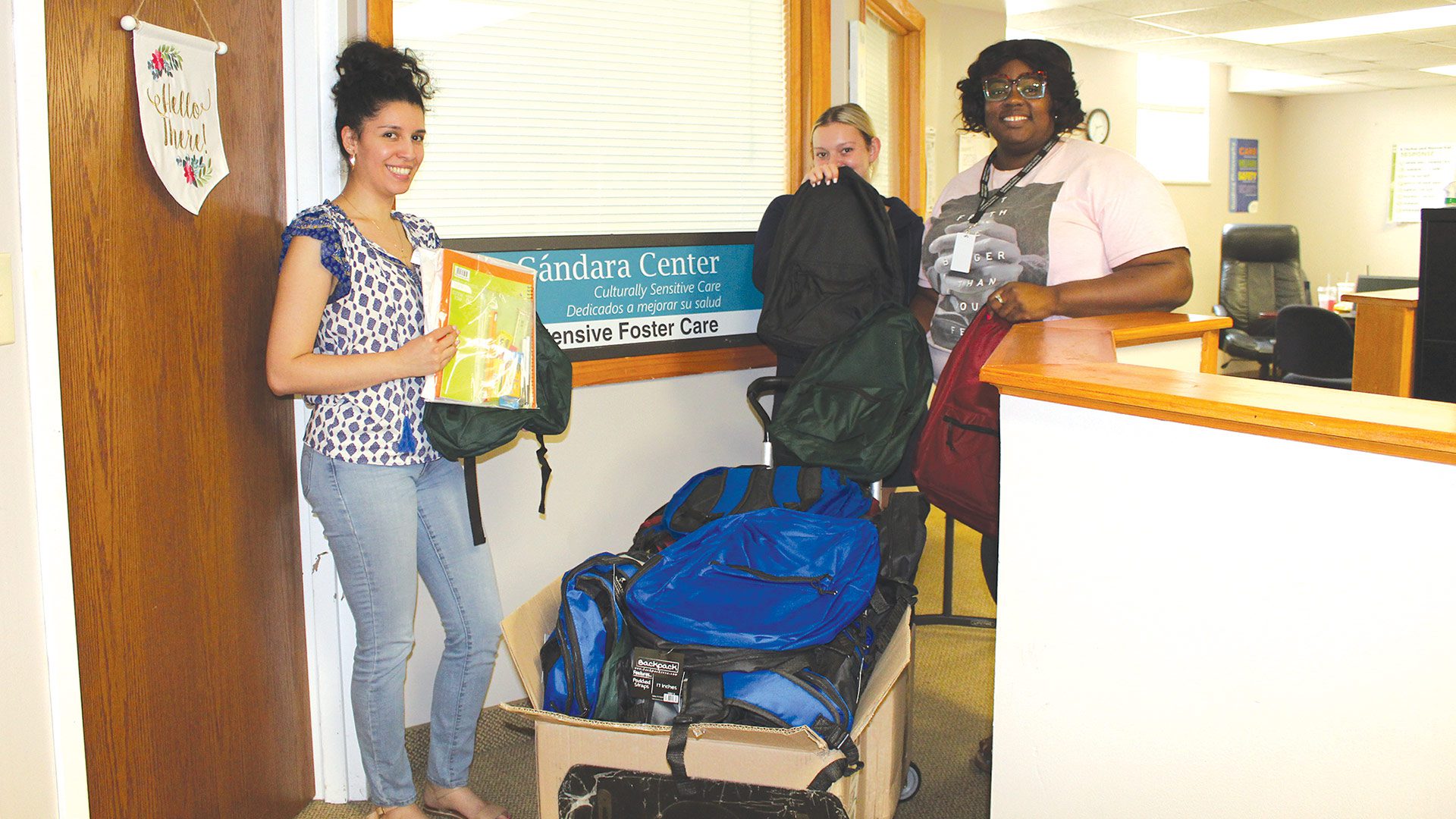
“We have a full complement of behavioral-health services delivered in community-based clinic settings, as well as our home behavioral-health services for youth and families,” Nesci said. “We’ve expanded and grown our in-home services to include hospital diversion for youth. In addition to that, we also provide services for people who are struggling with substance abuse. We have six recovery centers statewide, and then we are also providing recovery coaching to individuals in the community who are in recovery.
“I’ve been here almost four and a half years,” she added, “and during that time, I’ve seen our services grow in a lot of areas, particularly in the area of substance-abuse services, our youth services, and our behavioral-health services to children and adults.”
The organization’s footprint has also grown, expanding into the Berkshires, Fitchburg, Falmouth, and Worcester, to name a few more recent locations.
Starting the Conversation
May is Mental Health Awareness Month, but Nesci wants critical conversations to happen year-round.
“There was a time when mental health was something that was never discussed,” she said. “People didn’t understand it; therefore, they feared it. Subsequently, they made judgments about it.”

Though stigma still exists, she added, plenty of progress has been made to break down those barriers, and Gándara’s focus on cultural competency is part of that.
“When we started talking about mental health being just as important as physical health, it began to change the rhetoric around providing safe spaces for individuals to be able to get services.
“It’s very important to have a space that’s judgment-free,” Nesci continued. “When an agency like us meets people where they are in the community, as recovery coaches or with behavioral-health therapy in their homes, speaking the language of individuals, understanding cultural backgrounds, people feel welcome. They don’t feel judged. They feel like someone understands them.”
And that builds trust and relationships, which she calls the greatest catalyst for people to make needed improvements in their lives — which has, after all, been Gándara Center’s mission for almost 50 years.

